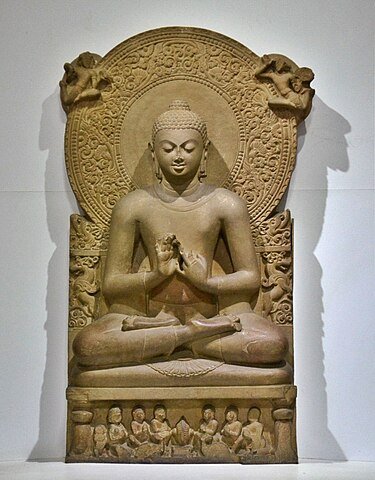Can we predict future events and actions; and do we have free will?

Determinism is the concept that all events, including human decisions and actions, are predetermined. This article explores the concept, history and practicality of determinism.
Disclaimer
Some of the content of this article is based on my opinions. So, I recommend that you make your own conclusions about determinism.
Laplace's Demon
Imagine an omniscient entity (Laplace's Demon) that knows the entire history of the universe and all its physical laws.

Demon and Angel with Tamara’s Soul — Mikhail Vrubel (Public Domain)
Could it predict the future of the whole universe, including your actions? If so, determinism is true and free will is false. (This statement assumes that free will and determinism are mutually exclusive.)
Knowing the entire history of the universe and all its physical laws is a big ask for us humans. So, is determinism more a philosophical than a scientific concept?
Determinism should be stated in a disprovable way for it to be a scientific concept.
It is difficult to believe that determinism is true when we can't accurately predict the weather, climate change, pandemics, economic crashes and conflicts.
For example, hours before the worst storm for over three hundred years hit southern England in 1987, a BBC weather forecaster assured viewers that no hurricane was coming.
Currently, we use 'work rounds' to help with these difficulties. I'll cover these below.
History
I thought determinism was a relatively recent concept. But, when I thought about determinism as a philosophical concept, Greek philosophers came to mind.
Greek Philosophers
During the 6th and 7th centuries BC, determinism was anticipated by the atomist philosophers, Democritus and Leucippus. They theorised that all processes in the world were due to the mechanical interplay of atoms.
Buddhism

Buddha in Sarnath Museum (CC BY-SA 3.0)
Buddhism has a similar concept called Dependent Origination (or Dependent Arising). It states that phenomena arise together in a mutually interdependent web of cause and effect and that every phenomenon is conditioned by, and depends on every other phenomenon.
China
According to the ancient Chinese Yi Jing (or I Ching, the Book of Changes), a 'divine will' sets the fundamental rules for the working out of the probabilities on which the universe operates. Human will is also a factor in how we deal with real-world situations.
Newtonian Physics
Originally published on LearningPages.org
Cover image created by Bing